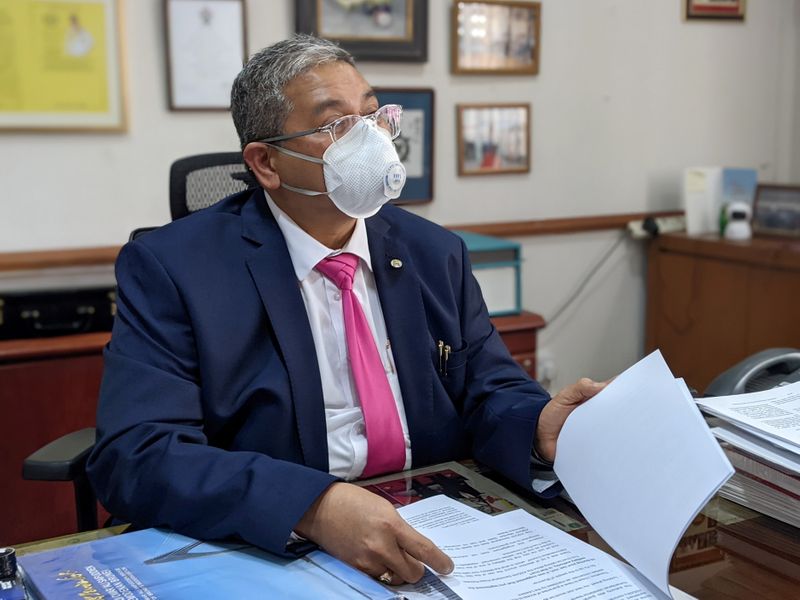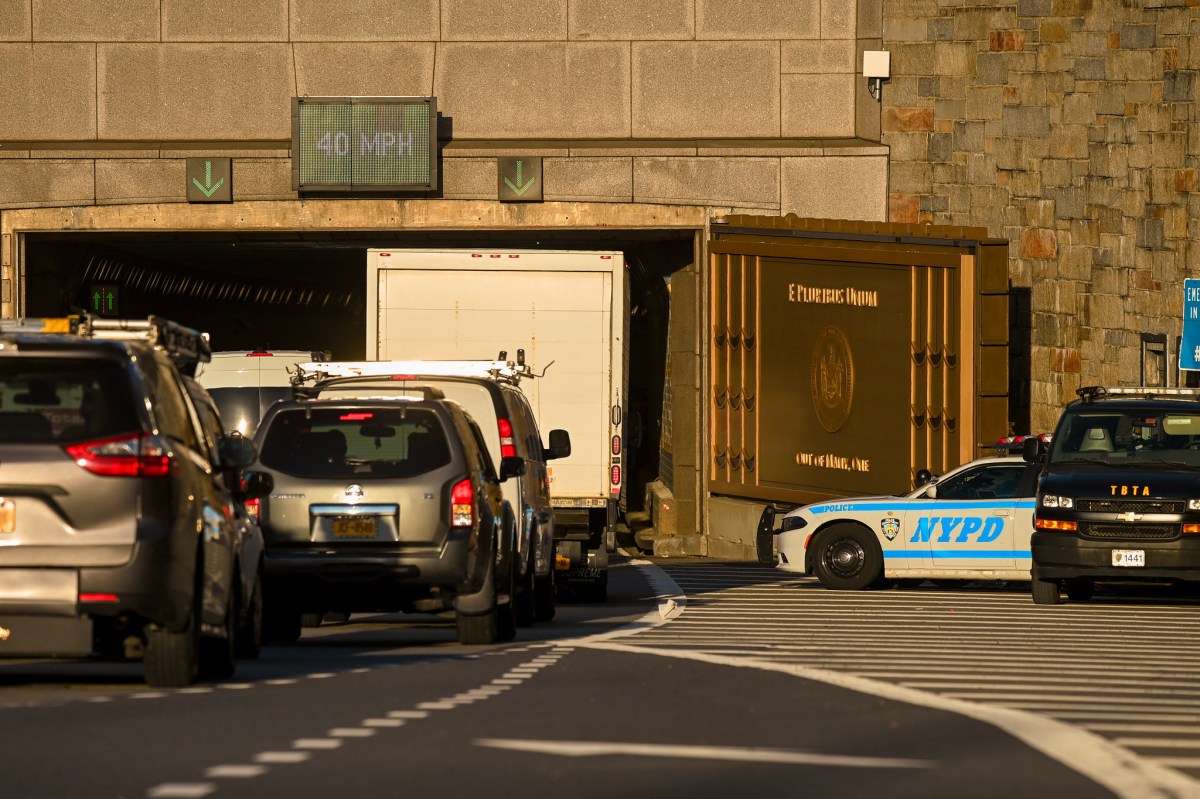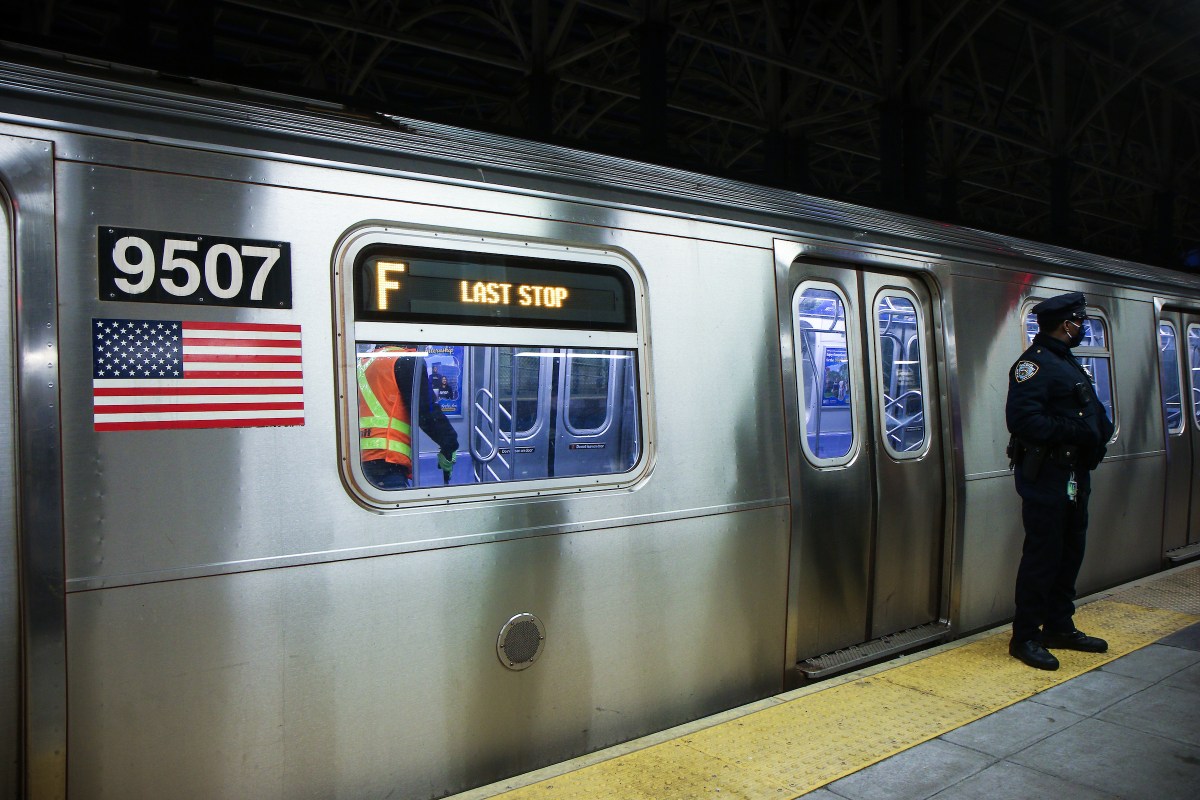BANDAR SERI BEGAWAN (Reuters) – Myanmar’s military rulers have agreed to an ASEAN call for a ceasefire until the end of the year to ensure distribution of humanitarian aid, Japan’s Kyodo news agency said, citing the envoy of the southeast Asian bloc to the crisis-torn nation.
Following a coup in February, the Association of Southeast Asian Nations (ASEAN) has been trying to end violence in which hundreds have been killed in Myanmar, and open a dialogue between the military rulers and their opponents.
The envoy, Erywan Yusof, proposed the ceasefire in a video conference with Foreign Minister Wunna Maung Lwin, and the military had accepted it, he told the agency.
“This is not a political ceasefire. This is a ceasefire to ensure safety, (and) security of the humanitarian workers” in their effort to distribute aid safely, Erywan said, according to Sunday’s report.
“They didn’t have any disagreement with what I said, with regards to the ceasefire,” it quoted the envoy as saying.
Erywan had also passed his proposal indirectly to parties opposed to rule by the military, it added.
A military spokesman did not answer calls from Reuters to seek comment.
The junta could not be trusted to honour the deal, however,
Myanmar pro-democracy activist Thinzar ShunLei Yi told Reuters, adding, “Ceasefires buy more time for the military to reload bullets.”
Maw Htun Aung, a deputy minister in the National Unity Government formed of opponents of military rule, said ASEAN needed to tell the junta to stop “killing and terrorising” its own people.
In an interview with Reuters on Saturday, Erywan said he was still negotiating with the military over the terms of a visit he hoped to make before late October, and had sought access to ousted leader Aung San Suu Kyi.
“What we are calling for now is … for all sides to undertake a cessation of violence, especially with regards to distribution of humanitarian assistance,” he said.
ASEAN nations and dialogue partners had pledged $8 million in aid for Myanmar, he added.
The military seized power after alleging irregularities in an election swept by Suu Kyi’s National League for Democracy party. International monitors and the electoral commission at the time said the army accusations were wrong.
(Reporting by A. Ananthalakshmi in Kuala Lumpur and Ain Bandial in Bandar Seri Begawan; Editing by Ed Davies and Clarence Fernandez)





















